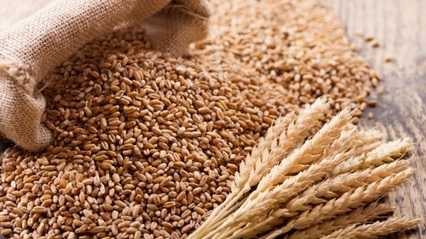
27 Sep 2022; MEMO: The agriculture ministers of Jordan, Lebanon, Iraq and Syria have agreed to support an initiative to boost food security in the region.
According to the Jordan News Agency (Petra), Jordanian Agriculture Minister, Khalid Hneifat, yesterday held a meeting with his Syrian counterpart, Muhammad Qatna, Iraqi Minister, Muhammad Khafaji and Lebanese Minister, Abbas Hajj Hassan, in which they discussed the need to resolve issues surrounding the region's food security amid worsening global events.
Following the meeting, Hneifat announced that the ministers approved a proposal by the United Nations' World Food Programme (WFP) to look into establishing a regional centre for food security in Jordan.
They also agreed to enhance cooperation and integration among their States in regards to food production and, according to a communiqué, they approved a proposal to establish partnerships in agricultural marketing.
That proposal additionally covers support for the Jordanian-Palestinian Agricultural Marketing Company in promoting the exchange of goods, as well as to set contracts and further non-traditional agriculture.
READ: Tunisians face empty shelves as food supplies run out
The ministers' agreements come at a time of increasing demand for food, sharp price hikes and the prospect of food-producing and food-importing increasing their strategic reserves in the face of a looming global food crisis.
Caused by the Covid-19 pandemic and the numerous strict measures worldwide over the past few years, the damage to supply chains and international markets were further exacerbated by the ongoing Russian invasion of Ukraine earlier this year, which threatened around 30 per cent of the world's grains supply.
Droughts and water shortages also contributed to low yields of wheat in the Middle East, impacting domestic supplies in Syria and other countries in the region.
Following a UN and Turkiye-brokered deal to allow grain exports from Ukraine to safely leave the country's ports and pass through the Black Sea, some supplies to international markets were resumed and the global food crisis was partly averted.
The crisis remains a threat, however, especially in regions such as the Middle East, which largely rely on exports for those basic commodities. With that view, Amman, Damascus, Beirut and Baghdad hope to further prevent it by their agreement to develop infrastructure, encourage investments and boost efficiency in their food industries.




